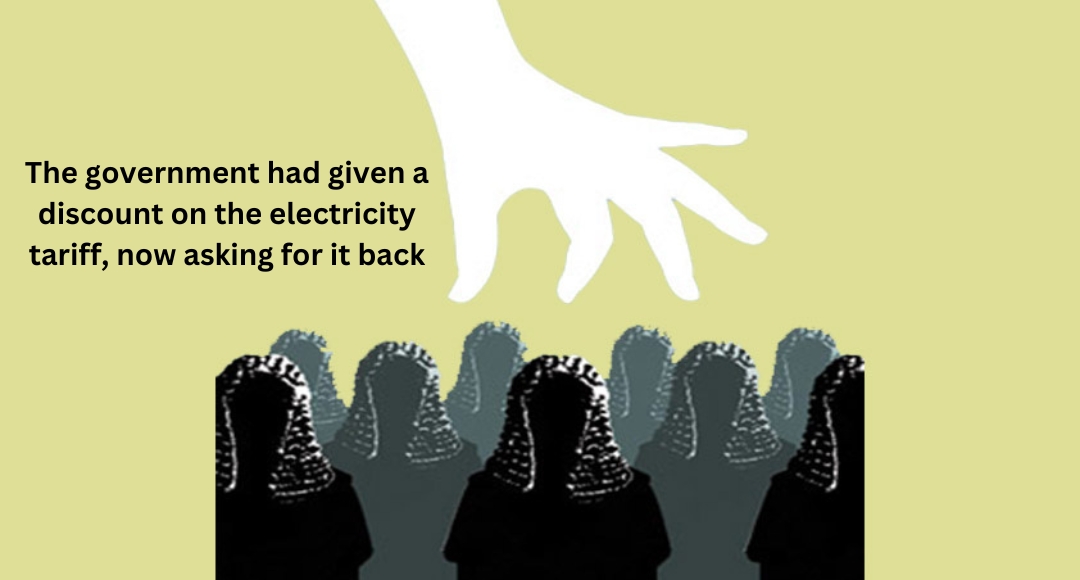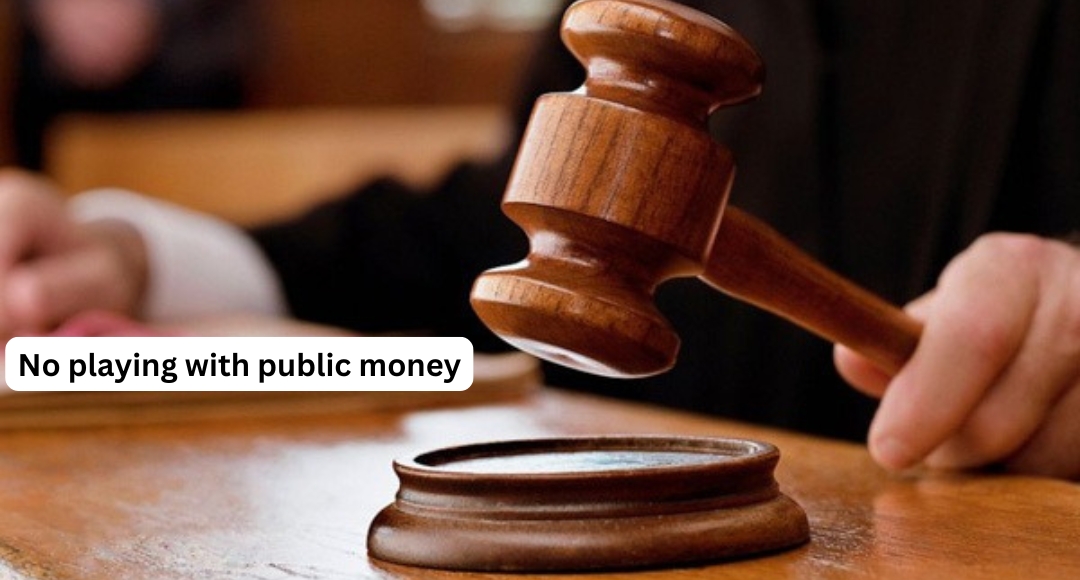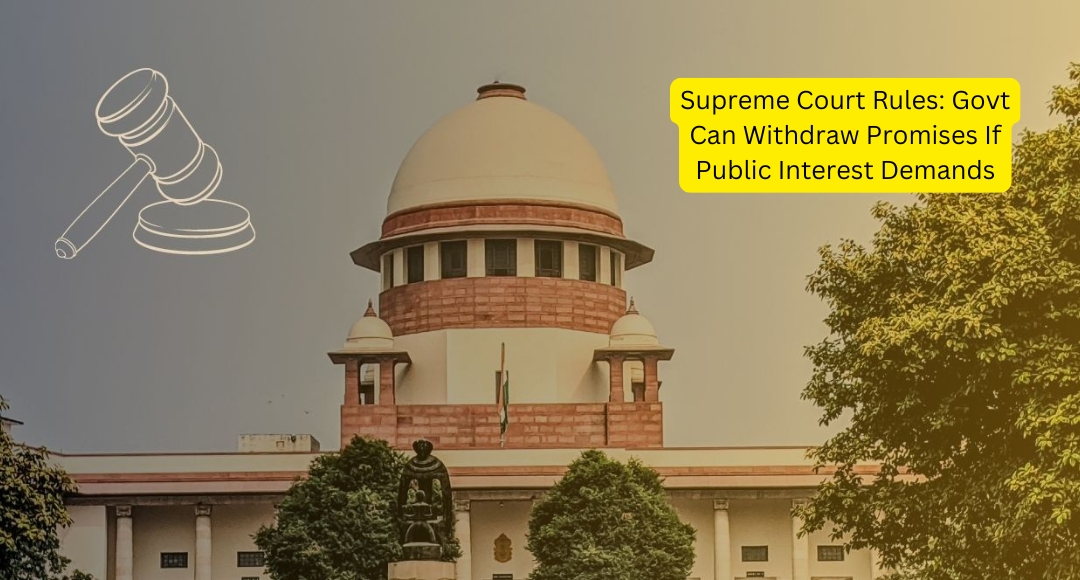Hello friends, Have you ever wondered why a discount or incentive given by the government can be suddenly withdrawn? One such big case recently came up in the Supreme Court, in which questions were raised on the old promise of the government. But the court made it clear that if any discount or benefit is causing a financial burden on the public, then the government has every right to withdraw it.
Let’s know the whole story of this decision
The government had given a discount on the electricity tariff, now asking for it back. The Goa government had started a scheme to promote industries in 1991, under which industries were given discounts in electricity rates up to 25%. But after a few years, on 31 March 1995, the government withdrew this scheme. Despite this, many companies claimed to get the discount, as they had applied during this scheme, even though they got a power supply later.

This complicated the matter
In 1996, the government made some amendments, due to which the companies felt that they could get the discount again. But in 2001, the Bombay High Court declared these amendments void ab initio. Subsequently, the Supreme Court also upheld this decision and ordered the government to compensate for the wrongly given discount.
Supreme Court’s decision: “Public interest paramount”
When the companies argued in their favour that once the government had promised to give a discount, it should fulfil it, the Supreme Court rejected it. A bench of Justices Dipankar Dutta and Sandeep Mehta said that if any incentive or discount puts an unnecessary burden on public money, then the government has the right to withdraw it. The court also discussed the concept of “Promissory Estoppel”, under which the government cannot go back on its promises. But the court made it clear that if a promise harms the public interest, then the government can change or withdraw it.
Old case, new lesson
This decision was based on an old case of Goa Glass Fibre Limited vs State of Goa (2010), in which it was also decided earlier that the government could withdraw the exemption given wrongly. The Supreme Court, citing the case of “Pawan Alloys and Castings vs UP State Electricity Board” (1997), said that if any exemption puts a burden on the government treasury, then the government is not bound to continue it.
No playing with public money

This decision simply means that the government sometimes has to make tough decisions to maintain economic balance. If any exemption or scheme is proving to be financially harmful to the government, then it would not be right to continue it. This decision of the Supreme Court is a lesson for all those industries and companies who try to take advantage by completely depending on government schemes. This is a big step in the interest of the public, which ensures that the government treasury benefits only in the right way and to the right people.
Disclaimer: This article is written for informational purposes only. Seek expert advice before making any legal or financial decision.
Also Read:
Supreme Court Slams Haryana Police for Chaining Accused to Hospital Bed
Supreme Court Declares Jharkhand’s 2010 Recruitment Void: No Hearing Needed for Termination






